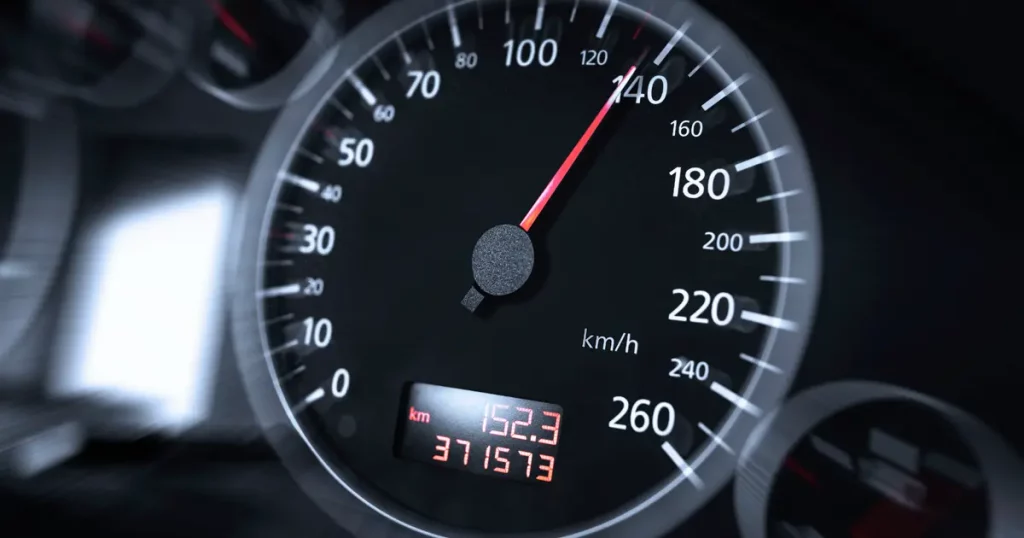
Staying Ahead of the Curve: A Comprehensive Commercial Vehicle Maintenance Checklist
As our modern businesses rely more and more on commercial vehicles for deliveries and service provision, the importance of regular vehicle maintenance is crucial. Whether it’s a small van for local tasks or a large fleet of trucks traversing the nation, taking care of these machines is vital to longevity, safety, and overall business efficiency. In this post, we’re going to dive deep into a comprehensive commercial vehicle maintenance checklist to keep your vehicles operating at their peak.

Regular Inspection: The First Line of Defense
The foundation of any commercial vehicle maintenance checklist plan is regular inspection. This isn’t just about glancing over the vehicle but involves rigorous checking, both visually and operationally.
- Perform visual checks for signs of wear and tear, cracks, leaks, and corrosion.
- Ensure all lights, signals, and wipers are functioning correctly.
Tire Maintenance: Keeping the Wheels Turning
Tires are at the forefront of vehicle safety and contribute greatly to fuel efficiency. Ensuring their top-notch condition is pivotal.
- Regularly inspect tires for signs of damage, including cuts, punctures, or uneven wear.
- Maintain correct tire pressure to improve fuel economy and reduce the chance of a tire blowout.
- Ensure tire rotation, balancing, and alignment is done as per the vehicle manufacturer’s recommendations.
Engine Care: Heart of the Vehicle
When it comes to a vehicle, the engine is essentially its beating heart. Keeping it healthy is key.
- Regular oil changes are a must for a smooth-running engine.
- Replace the air filter periodically to ensure the engine has clean air to breathe.
- Attend to cooling system maintenance, including flushing the coolant and inspecting the radiator to prevent overheating.
Transmission and Brake System Maintenance: Ensuring a Smooth Ride
Both the transmission and brake systems require constant attention to ensure a smooth and safe ride.
- Regularly check fluid levels and change transmission fluid based on the manufacturer’s guidance.
- Inspect brake pads, rotors, and fluid levels regularly.
- If any part of the brake system shows signs of excessive wear or damage, make sure to replace it immediately.

Electrical System Checks: Powering the Operations
The electrical system, often taken for granted, is responsible for many vital operations of a vehicle.
- Regular checks should include the battery, starter motor, and alternator.
- Any signs of malfunction such as difficulty starting the vehicle or dim lights could hint towards a problem.
Exhaust System Inspection: Ensuring Healthy Emissions
An often overlooked but essential part of the vehicle is the exhaust system.
- Regularly inspect the exhaust system for leaks as they can lead to harmful gases entering the vehicle cabin.
- Listen out for unusual noises when the engine is running.
- Keep an eye on the color of the exhaust smoke – it can provide clues about the engine’s health.
Regular Servicing: The Professional Touch
All commercial vehicles should undergo regular professional servicing.
- While the driver or an in-house team can perform regular checks and basic maintenance, a professional mechanic has the expertise and equipment for a more in-depth examination and handling of complex issues.
Documentation: Keeping Track of the Health
Last but not least, keeping comprehensive records of all vehicle maintenance activities can prove invaluable.
- Detailed records provide a historical snapshot of each vehicle’s health.
- These records can be beneficial for warranty purposes or if you decide to sell the vehicle.
Combatting Relay Attacks: Smart Keyless Keeper – The Smart Fob Security Solution
A Smart Keyless keeper is an electronic chip that is installed in the key fob and covers the battery from both sides and the motion sensor detects the motion to turn it on or off. It is specially designed as a blocker for keyless boosters which are widely used for hacking, they interfere with communications between automobile and key fob, mimic signals and help criminals for a keyless relay attack. Is an outstanding invention against a key fob relay attack because it acts against the unethical device participating in this attack? It consists of a 3D motion sensor, LED indicator, microprocessor, and flexible base. It effectively deactivates the key fob when it is motionless to make sure that crooks cannot steal your car when you sleep.
Conclusion
In conclusion, a commercial vehicle maintenance checklist is your key to staying ahead of potential issues, ensuring the long-term operational efficiency of your vehicles. Remember, the cost of regular maintenance is always a worthy investment when compared to the potential cost of a breakdown or severe mechanical failure. A proactive approach to maintenance ensures the longevity of your vehicle, safety of your operators, and ultimately, the success of your business.




